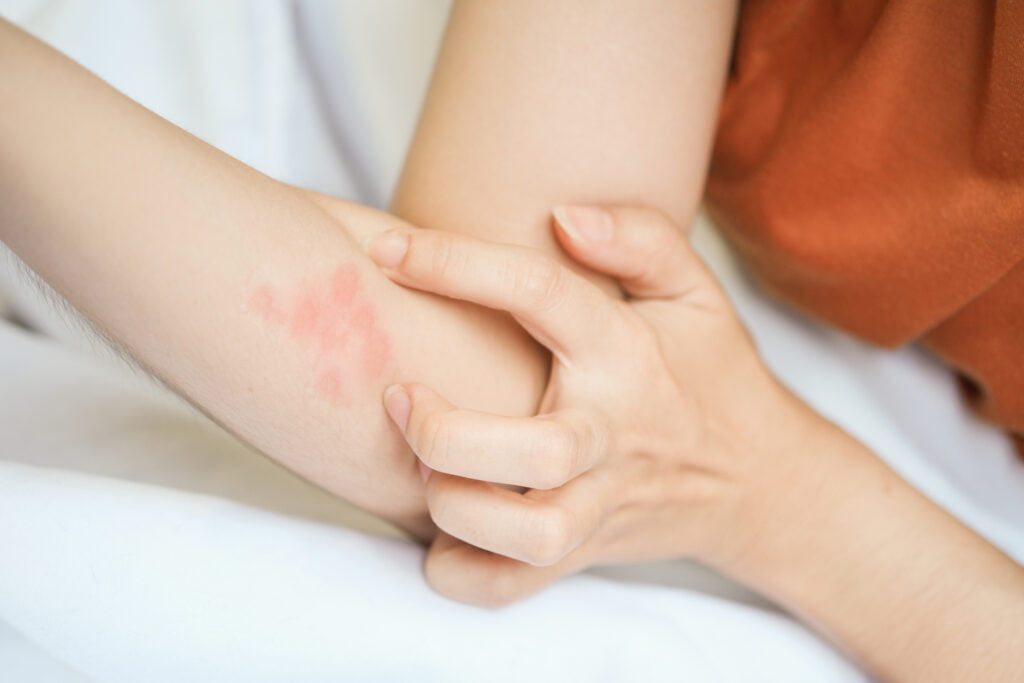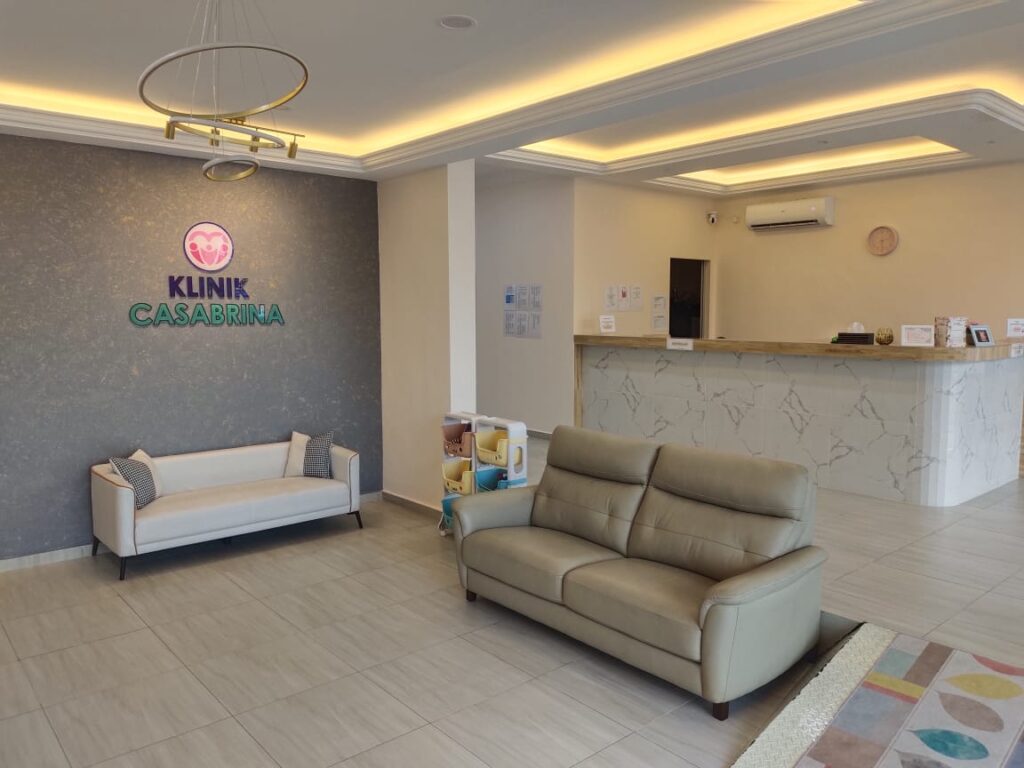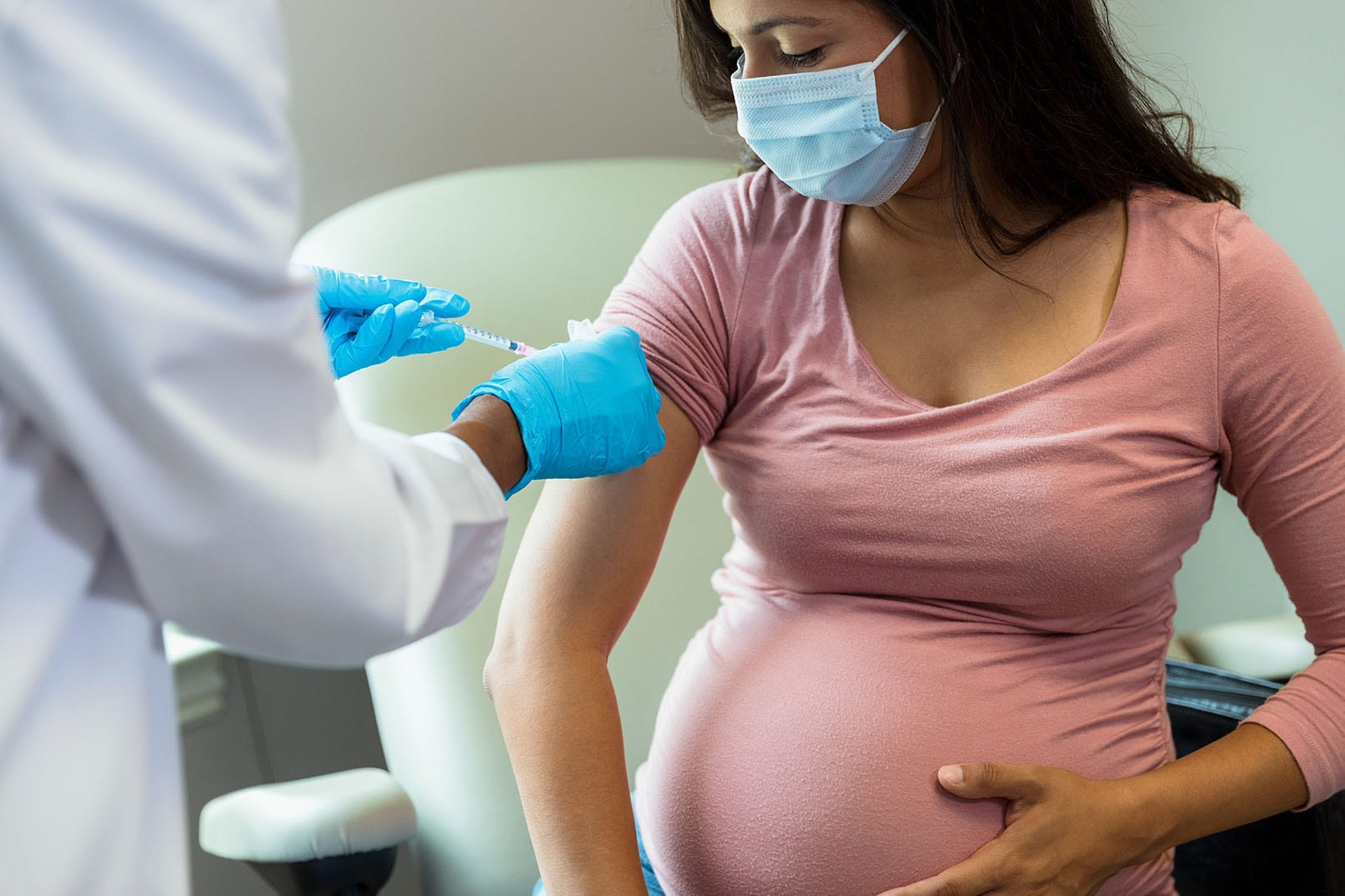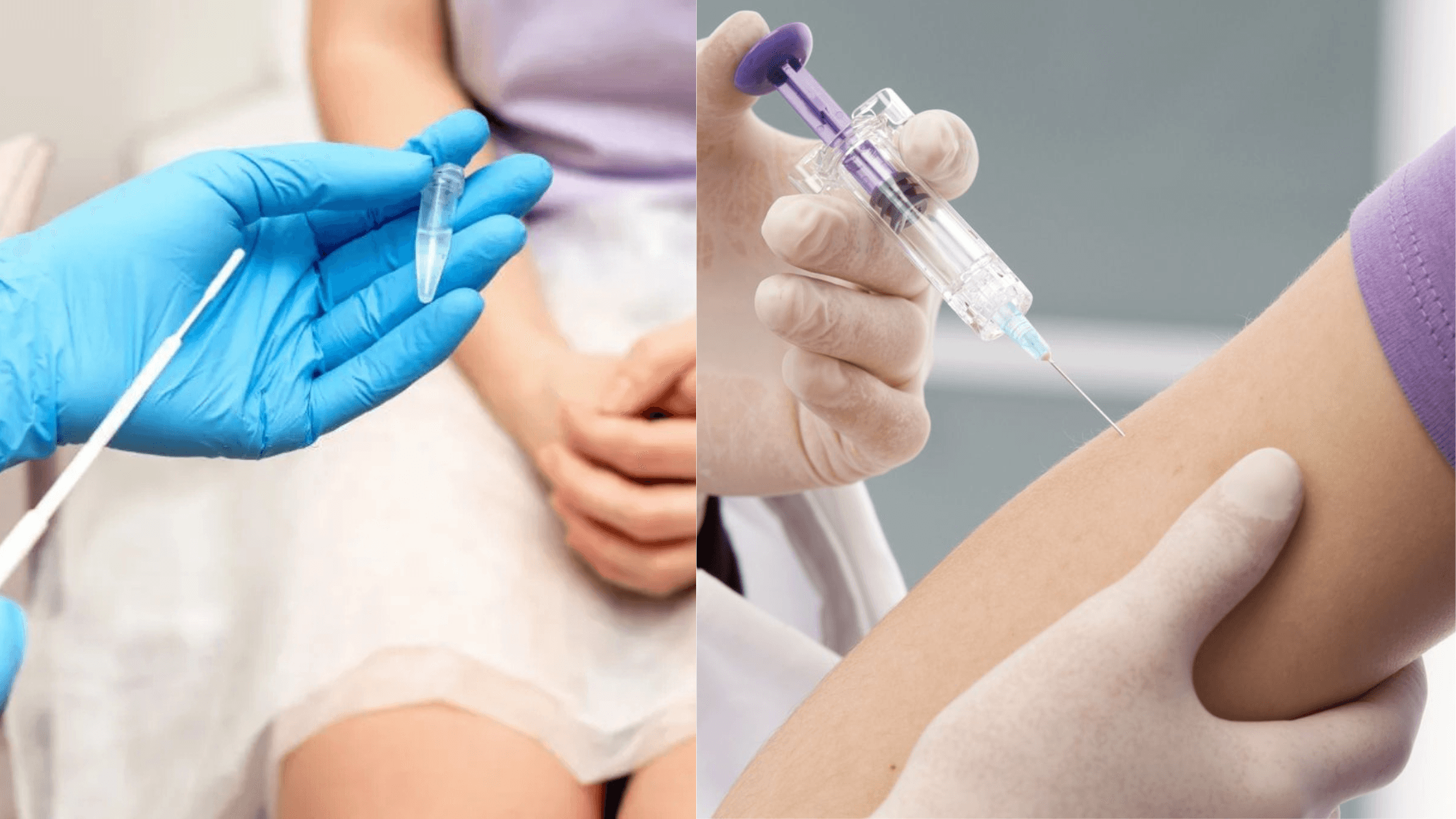An allergy to medicine or drugs is often dangerous if not found early. When they get sick, you’d do everything you can to make them feel better, and a drug allergy can deter that.
If you’re worried about your child being at risk for an allergy to a medical drug, regardless of any past family history, it’s wise to get tested just in case. This article will outline the common drug allergies and how to manage this during future medical visits.
Causes of Drug Allergies in Children
Affecting up to 10% of the population in Malaysia, there’s a few risk factors that go into the development of drug allergies in children. Drug allergies typically don’t pass on from parent to child, unlike some other allergies.
A more reliable way to confirm if your child has an allergy is from previously presented symptoms after taking the drug. It has to be noted that your child probably will not be allergic the first time they’re exposed to the drug. These allergies develop due to exposure to certain medications or substances, which is why parents should be vigilant as the child gets older to see if they are experiencing any reactions. Additionally, underlying conditions like asthma or eczema can increase the likelihood of developing drug allergies.
Babies often experience frequent infections, leading to the use of antibiotics and other medications. Repeated exposure to these drugs can increase the risk of developing an allergy, particularly if the immune system becomes sensitised to the medication.
It’s important to find clarification when confirming a drug allergy. In our modern day, some medications contain additives, preservatives, or other inactive ingredients that can trigger allergic reactions in sensitive babies. For example, dyes, flavourings, and preservatives in liquid medications can sometimes cause allergies.
Symptoms of a Medicine Allergy

When a child is experiencing a drug allergy, common symptoms to look out for include rash, hives, or itchy skin. These skin reactions are often the first signs of an allergic response to medication. Gastrointestinal issues such as abdominal pain, nausea, vomiting, and diarrhoea can also be indicators of a drug allergy in children.
In more severe cases, like in anaphylaxis, respiratory symptoms such as wheezing, swelling of the face or throat, coughing, or difficulty breathing may occur.
If you suspect your child is having an allergic reaction to a medication, it’s essential to seek medical advice promptly. Allergy testing may be necessary to identify the specific drug causing the symptoms. Parents should consider allergy testing for their children based on symptoms, family history, and exposure to potential allergens. Consulting with a doctor is the best way to determine the appropriate timing and type of testing for each child’s specific situation.
Common Drug Allergies
Keep in mind, children who are allergic to certain foods or environmental allergens may experience cross-reactivity with medications. For example, a child with a penicillin allergy might react to other beta-lactam antibiotics due to similar chemical structures. It’s also not uncommon for someone to be allergic to both aspirin and other drugs within the same category, such as ibuprofen and naproxen.
Penicillin Allergy
In most cases, the penicillin family are the primary culprits triggering allergic reactions in children. Drugs like amoxicillin and ampicillin, which are also in the beta-lactam class, can lead to allergies.
Paracetamol Allergy
A paracetamol (also known as acetaminophen) allergy is relatively rare but can occur in some individuals. Paracetamol is a common over-the-counter medication used to relieve pain and reduce fever so chances are high for your child to be given paracetamol to ease any sickness, including the cold and the flu.
NSAIDs Allergy
Nonsteroidal Anti-inflammatory Drugs or NSAIDs are a class of medications widely used to reduce pain, inflammation, and fever. Some common examples include aspirin, ibuprofen (Advil, Motrin), naproxen (Aleve), and celecoxib (Celebrex). While generally safe for most people, NSAID allergies can occur.
Managing Your Child’s Drug Allergies
It can be stressful as a parent to properly prepare your child and any anxiety when your child isn’t home. But there are always steps and precautions to take to minimise risk.
- Tell Your Child
Going to the clinic unsupervised doesn’t happen as frequently as food allergies– teaching your children to be more aware in certain environments and to trust health professionals to inform them about their allergy is important. - Check In With The School
Ask about the medical facilities available at your child’s school. Learn what medication could be given to students, see if they are capable of handling an emergency if your child is anaphylactic. Make sure your child’s allergy information is also documented just in case. - An Allergy Supply Kit
Prepare an allergy kit for your child at school. Depending on the allergy’s severity, include antihistamines or an EpiPen. Keep a similar kit at home, readily accessible in the car or at home and make sure your child knows where to find it.
In Malaysia, most people with drug allergies are given an allergy card as outlined by the Ministry of Health. For extra security, if your child’s allergy can cause anaphylaxis, they should be wearing a medical alert bracelet. Tell your child to always be wear it.
How Clinics Test for Drug Allergies in Malaysia
To determine if your child has a drug allergy, various tests such as skin prick tests, blood tests, or drug provocation tests can be conducted. Skin prick tests involve placing a small amount of the suspected medication on the skin to observe for a reaction. Blood tests check for specific antibodies related to drug allergies. Drug provocation tests, under medical supervision, gradually administer the medication to assess for a reaction.
These allergy testing methods are essential for accurate diagnosis and safe management of paediatric drug allergies. If your child exhibits symptoms like hives, swelling, or difficulty breathing after taking a medication, consult a healthcare provider promptly.
Allergy Testing at Klinik Casabrina Senawang
At Klinik Casabrina, we provide reliable allergy testing. After a diagnosis, our doctor will further help by giving you tips to manage your allergies, teaching you avoidance habits, learning to recognise a life-threatening reaction like anaphylaxis and what to do in case of an emergency. Klinik Casabrina is thorough on patient education to ensure you can safely go about your day to day activities.
To sum up, if your child is allergic to medicine, it’s essential to act promptly and seek medical attention. Remember, knowledge is power – educate yourself and your child on the triggers and symptoms of drug allergies. By taking proactive steps and working closely with healthcare providers, you can guarantee your child’s safety and well-being.






